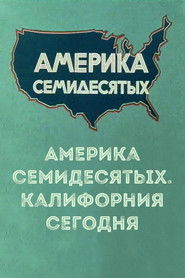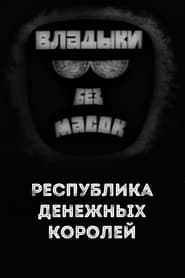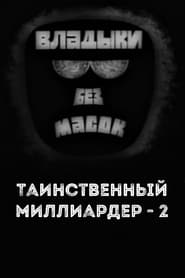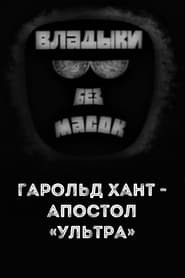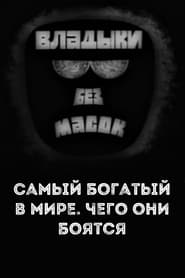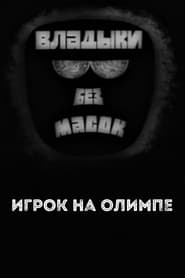detail profile valentin zorin
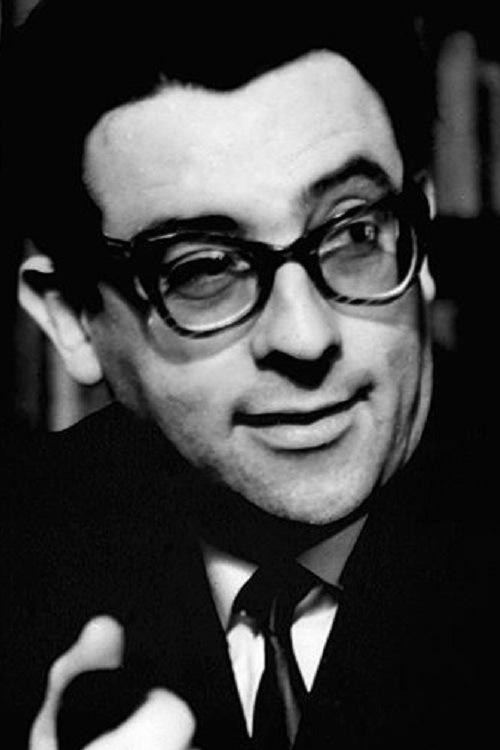
Valentin Zorin
Валентин Зорин
atau dikenal sebagai
Riwayat Hidup
Valentin Sergeevich Zorin (born February 9, 1925, Moscow, USSR - died April 27, 2016, Moscow, Russia) is a Soviet and Russian political scientist, American historian, TV presenter, journalist, political columnist for Central Television and All-Union Radio.
Doctor of Historical Sciences (1963).
Since 2014 - political commentator at the International News Agency "Russia Today".
Honored Worker of Culture of the RSFSR (1973).
Laureate of the USSR State Prize (1976).
Info Pribadi
Peran Yang Di Mainkan Valentin Zorin
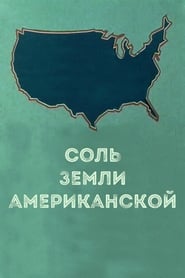 United States of America early 1980s...
United States of America early 1980s...Salt of the earth US 1981
United States of America, early 1980s. From the height of a fifty-story building located in the center of New York on a granite cliff in Manhattan, people on the streets seem small, and the problems that surround them from all sides are impossible to distinguish at all. But they are - these problems are difficult, painful and inescapable. In their tighter grip, today's America and its millions of citizens are beating...
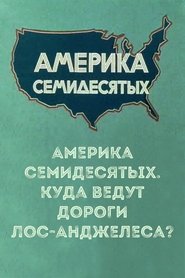 In ancient times when heraldry was...
In ancient times when heraldry was...America of the seventies. Where do Los Angeles roads lead? 1979
In ancient times, when heraldry was in use and every self-respecting city considered it necessary to have its own coat of arms, it was placed on that coat of arms that was symbolic and lily for the city (fortress tower, deer head, scales of justice, sword or something else, something especially revered). To this day, it would not be worthwhile to preserve this custom and wonder what the residents of Los Angeles, the third largest city in the United States, would like to take as a symbol. They surely would - they certainly would be the California Highways. Even Americans accustomed to car herds, coming from other parts of the country to California, finding themselves in Los Angeles and its suburbs, marvel at the empty weaving of concrete and asphalt belts filled to the brim with gasoline carriages...
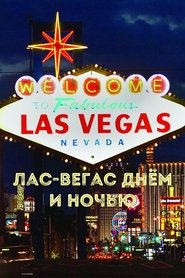 The fame of many cities is...
The fame of many cities is...Las Vegas by day and night 1979
The fame of many cities is associated with something quite certain - history, famous factories, architectural monuments, the Olympic Games - after all, Located in the Nevada Desert, far from American political and cultural centers - Las Vegas, owes its dubious fame to ... roulette...
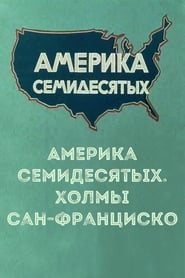 In this episode of the series...
In this episode of the series...America of the seventies. San Francisco hills 1976
In this episode of the series "America of the Seventies," political commentator Valentin Zorin travels through one of the most famous and visited cities in the United States, the "pearl of the West Coast" - San Francisco. Many centuries ago, the inhabitants of ancient Hellas said that the one who was not in Athens was a blockhead, and the one who visited there and did not admire the city was a donkey, and the one who voluntarily left it was a camel. This is how Americans feel about San Francisco. Indeed, the city is very beautiful, steeply descending to the coast of the Pacific Ocean, it makes you admire yourself...
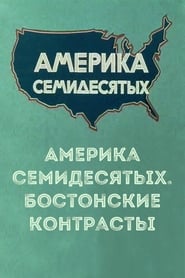 Boston In those distant times when...
Boston In those distant times when...America of the seventies. Boston contrasts 1976
Boston. In those distant times, when virgin forests were still rustling on the site of today's Washington, when proud and free Indians gathered at the wigwams, on the site of which New York and Chicago, Atlanta and San Francisco are now piled, a settlement already existed here on the Atlantic coast of America. called by the people who founded it - Boston.
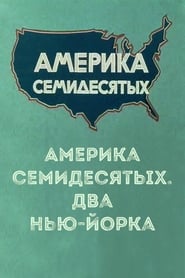 New York is the largest city...
New York is the largest city...America of the seventies. Two New York City 1976
New York is the largest city in the modern world. In greater New York, together with the suburbs, in the 1970s, sixteen million people live, and in the city itself there are about ten million. Americans speak differently about New York - some argue that New York is not America, others, on the contrary, are convinced that this is the most American of all American cities. Apparently both are right...
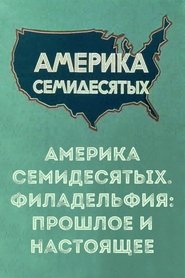 Walk through one of the oldest...
Walk through one of the oldest...America of the seventies. Philadelphia: past and present 1975
Walk through one of the oldest cities in the United States - Philadelphia. "The City of Brotherly Love" or - Philly, as the Americans affectionately call it, is proud of its historical sights, because it was here that the Declaration of Independence and the US Constitution were signed.
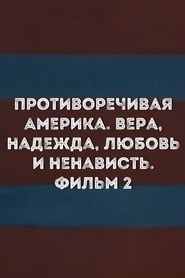 In the second film the author...
In the second film the author...Contradictory America. Faith, hope, love and hate. Film 2 1973
In the second film, the author tells about the struggle of blacks for the right to feel equal with all US citizens. Commentary of the mayor of Cairo, one of the cities in the American South, about the suppression of the rebels, about the most brutal methods of fighting African American protesters. Jesse Jackson's speech. Jesse Jackson's commentary on the Black Rights Organization. Comments by female residents of Jackson, the capital of Mississippi, on the degree of mental development of whites and blacks. A story about the Ku Klux Klan, about Robert Shelton - the head of the Ku Klux Klan. Speech by American singer and dramatic actor Paul Robson, his commentary. Shots of the Olympics, victories in the competition of black athletes. About reprisals against Negro organizations. The widow of the American writer Ernest Hemingway Mary and the American scientist Henry Winston speak out about support for African Americans and the fight against racism.
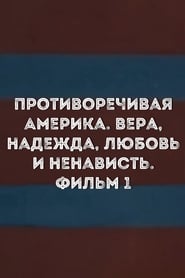 Chicago In the first part of...
Chicago In the first part of...Contradictory America. Faith, hope, love and hate. Film 1 1973
Chicago. In the first part of the film, the author tries to answer the question: "Did the African Americans who traveled to the north, including to Chicago, succeed in finding human conditions of existence and human rights?" To the song of the American blues musician George "Buddy" Guy, the streets of the American metropolis of Chicago, black residents are shown. Dick Gregory, one of the best actors in America of the time, commenting on the conditions of life for blacks when they first moved to Chicago. Comments by African American Families on Current Conditions. Video footage of a huge Negro ghetto. Directed by Anatoly Semyonov. 1973 year.
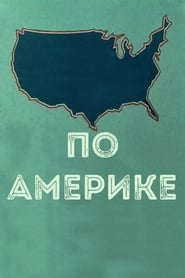 The USA is not only about...
The USA is not only about...Walking America 1972
The USA is not only about skyscrapers and highways, street bustle, and car herds. America is fields and forests, deep rivers and endless expanses, hot south and snow-covered north, high mountains and vast valleys where ordinary Americans live, work, suffer and rejoice.
 Essay by political observer Valentin Zorin...
Essay by political observer Valentin Zorin...Американские интервью 1972
Essay by political observer Valentin Zorin, impressions of his visit to the United States, the course of the election campaign. New trends in US politics and public sentiment. Interviews in English with US officials on American policy, new trends, and improving relations with the USSR. Political debate. Promises, plans of politicians. Nuclear policy. Disarmament issues. Presidential candidate programs. 1972 year.
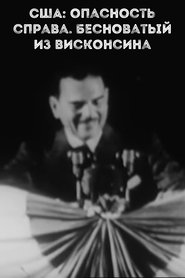 Professor Valentin Zorin political observer of...
Professor Valentin Zorin political observer of...USA: danger from the right. Demoniac from Wisconsin 1971
Professor Valentin Zorin, political observer of the USSR State Television and Radio Broadcasting, talks about Joseph McCarthy, an American politician, a senator from Wisconsin, who held an extremely anti-communist position, who advocated an intensification of the Cold War with the USSR. The name of McCarthy is associated with a reactionary trend in the political life of the United States of the early 1950s, dubbed "McCarthyism" and consisted in the persecution of people only suspected of sympathizing with communism and not committing any crimes.
